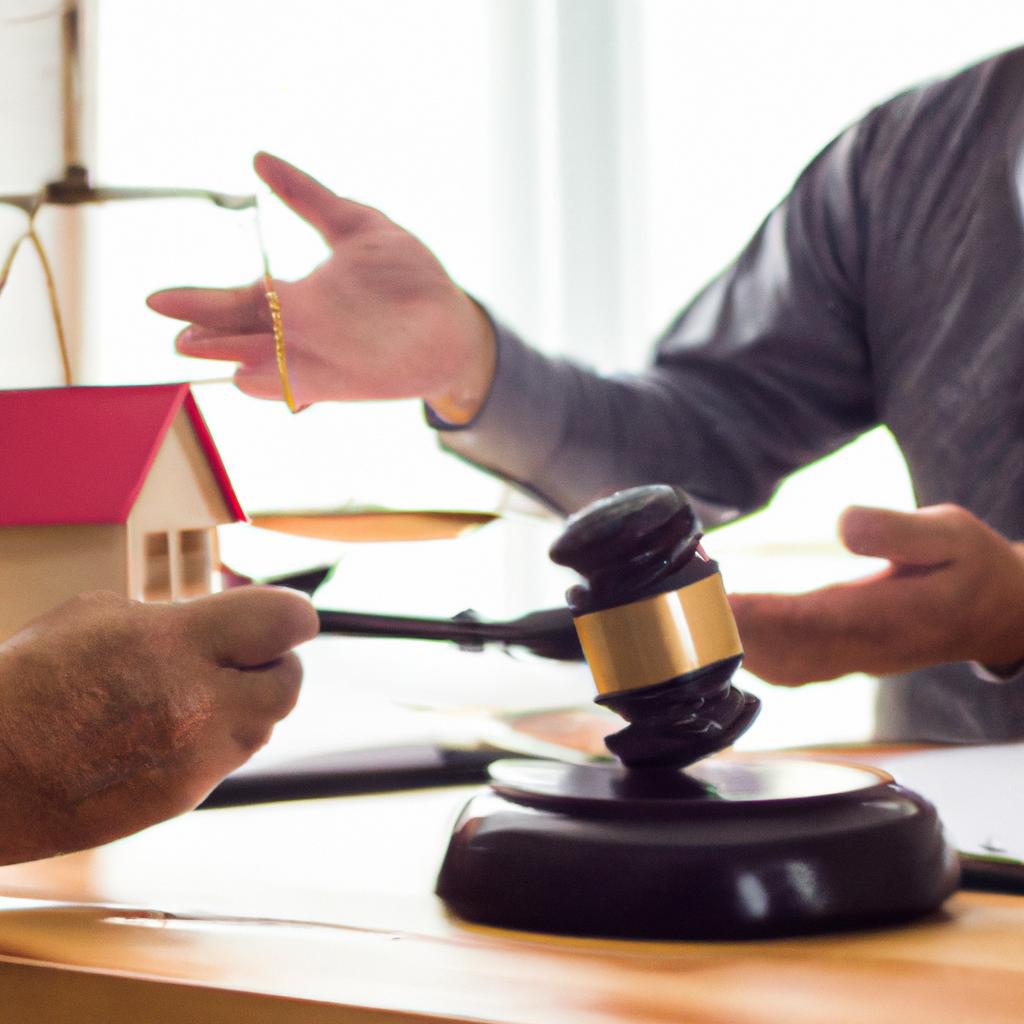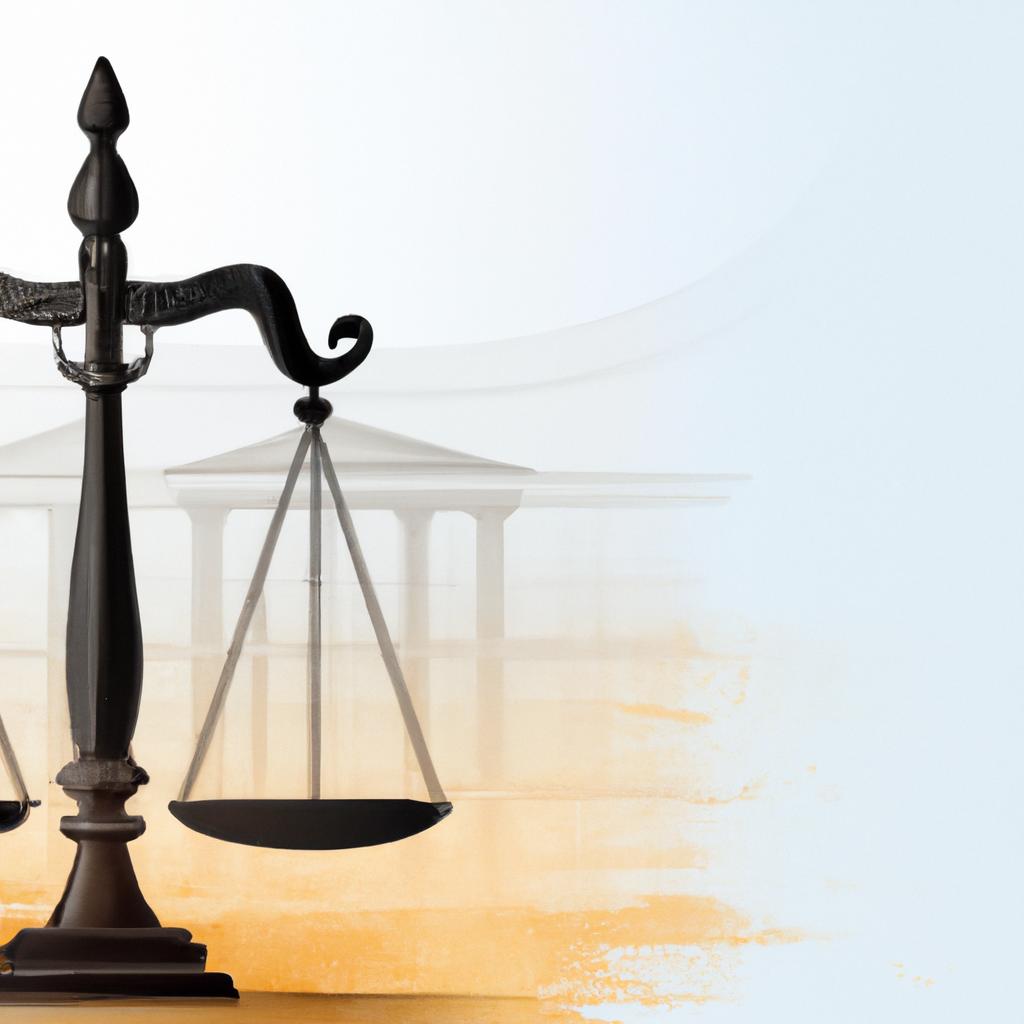As seasoned legal professionals navigating the intricate landscape of property law, we often find ourselves fielding inquiries from individuals seeking to obtain a copy of their deed. In this article, we delve into the fundamental steps and considerations involved in acquiring this crucial document, shedding light on the process and empowering individuals to confidently assert their property rights. Whether you are a seasoned property owner or a first-time homebuyer, the journey to securing a copy of your deed is a vital aspect of safeguarding your interests and ensuring peace of mind. Join us as we unravel the nuances of this essential legal undertaking.
Understanding the Importance of Having a Copy of Your Deed
Having a copy of your deed is crucial for ensuring that you have proof of ownership of your property. Without this important document, you may encounter various legal issues, such as disputes over property boundaries or challenges to your ownership rights. By having a copy of your deed readily available, you can protect your interests and provide evidence of your legal ownership in case of any disputes.
Obtaining a copy of your deed is a relatively straightforward process that can be done through your local county clerk’s office or online through their website. It is important to keep this document in a safe and secure location, such as a fireproof safe or a safe deposit box, to prevent it from getting lost or damaged. By taking the necessary steps to secure a copy of your deed, you can have peace of mind knowing that you have proof of your property ownership that can be easily accessed when needed.

Key Steps to Obtain a Copy of Your Deed
To obtain a copy of your deed, there are a few key steps that you should follow. Firstly, you will need to locate the county clerk’s office in the county where the property is located. Once you have found the county clerk’s office, you will need to request a copy of the deed for the specific property in question. It is important to have the correct property information on hand when making this request, such as the property address or parcel number.
Next, you may need to pay a small fee to obtain a copy of the deed. Fees can vary depending on the county and the type of deed being requested. Once you have paid the fee and provided the necessary information, the county clerk’s office will be able to provide you with a copy of the deed. It is important to keep this copy in a safe place, as it is a legal document that proves your ownership of the property. Remember, if you need further assistance with obtaining a copy of your deed or have any other real estate legal needs, do not hesitate to contact Morgan Legal Group in New York City. We specialize in estate planning, probate, elder law, Wills, and trusts, and are here to help.
Utilizing Online Resources for Deed Retrieval
When looking to obtain a copy of your deed, utilizing online resources can be an efficient and convenient method. One option is to visit the website of your county clerk’s office, where you can typically search for and download a copy of your deed. Many county clerk websites provide detailed instructions on how to navigate their online database and retrieve the necessary documents. Another online resource to consider is a reputable title company, which may offer deed retrieval services for a fee. These companies often have access to comprehensive databases and can expedite the process of obtaining a copy of your deed.
It is important to ensure that the online resources you use for deed retrieval are reliable and secure. Be cautious of websites that require personal information or payment before providing access to deed records. Additionally, consider reaching out to a legal professional, such as our team at Morgan Legal Group, for guidance on the deed retrieval process. With our expertise in estate planning and real estate law, we can assist you in navigating the complexities of obtaining a copy of your deed and ensuring that your property rights are protected. Trust in our experience and dedication to providing exceptional legal services in New York City.
| County Clerk’s Office | Title Company | Morgan Legal Group |
| Free access to online database | Deed retrieval services for a fee | Expertise in estate planning and real estate law |
| Detailed instructions provided | Access to comprehensive databases | Assistance in navigating deed retrieval process |

Consulting with a Real Estate Attorney for Assistance
When it comes to obtaining a copy of your deed, can be highly beneficial. A real estate attorney can navigate the complexities of property ownership and help you obtain the necessary documentation to confirm your ownership rights.
During your consultation with a real estate attorney, they will guide you through the process of obtaining a copy of your deed. They will explain the steps involved and provide you with personalized legal advice based on your unique situation. By enlisting the expertise of a real estate attorney, you can ensure that your rights as a property owner are protected and upheld.
Q&A
Q: How can I obtain a copy of my deed?
A: To get a copy of your deed, you will need to visit the office of the county clerk where the property is located.
Q: Do I need to bring any specific documents with me?
A: In order to request a copy of your deed, you will typically need to provide proof of your identity, such as a driver’s license or passport.
Q: Is there a fee involved in obtaining a copy of my deed?
A: Yes, there may be a small fee associated with getting a copy of your deed.
Q: How long does it take to receive a copy of my deed?
A: The processing time for obtaining a copy of your deed can vary depending on the county clerk’s office and their current workload.
Q: Can I request a copy of my deed online?
A: Some county clerk’s offices may offer online services for requesting copies of deeds, but it’s best to contact them directly to inquire about their specific procedures.
The Conclusion
In conclusion, obtaining a copy of your deed may seem like a daunting task, but with the right information and guidance, it can be a straightforward process. By following the steps outlined in this article, you can ensure that you have a copy of this important document on hand whenever you may need it. Remember, your deed serves as proof of ownership for your property, so it is essential to keep it safe and easily accessible. If you have any further questions or concerns about obtaining a copy of your deed, don’t hesitate to reach out to the appropriate authorities for assistance. Thank you for reading, and best of luck in your efforts to secure a copy of your deed.
 Are you a homeowner or looking to become one? Then you’ve probably heard of a property deed – a legal document that officially declares you as the owner of a particular property. This document is crucial as it serves as proof of ownership and can be used for various purposes, including selling or inheriting the property, obtaining a mortgage, or even settling disputes. But what if you’ve lost or misplaced your deed? Don’t worry, in this comprehensive guide, we’ll cover everything you need to know about getting a copy of your deed.
Are you a homeowner or looking to become one? Then you’ve probably heard of a property deed – a legal document that officially declares you as the owner of a particular property. This document is crucial as it serves as proof of ownership and can be used for various purposes, including selling or inheriting the property, obtaining a mortgage, or even settling disputes. But what if you’ve lost or misplaced your deed? Don’t worry, in this comprehensive guide, we’ll cover everything you need to know about getting a copy of your deed.
First, let’s start with the basics. A property deed is a legal document that shows the transfer of ownership from one party to another. It contains the names of the previous and current owners, a legal description of the property, and the date of the transfer. Deeds are usually recorded in the county where the property is located and are stored in the County Recorder’s Office or Registry of Deeds. It’s important to note that a deed is different from a title, which is a document that proves legal ownership and can be transferred from one party to another by a deed.
Now, let’s get into the steps you need to follow to obtain a copy of your deed.
Step 1: Determine the Type of Deed You Need
There are two main types of property deeds – warranty deeds and quitclaim deeds. A warranty deed guarantees that the property is free from any liens or encumbrances and that the seller has the right to sell it. On the other hand, a quitclaim deed transfers the ownership of the property from one party to another without any guarantees. Depending on the purpose for which you need the deed, you’ll have to determine which type you need.
Step 2: Contact Your County Recorder’s Office or Registry of Deeds
Once you’ve determined the type of deed you need, the next step is to find the appropriate office in your county. You can do this by searching online or by contacting your county’s government website. Some counties may allow you to request the deed online, while others may require you to visit their office in person. If you have trouble locating the office, you can also reach out to a local real estate attorney for assistance.
Step 3: Provide Necessary Information
When requesting a copy of your deed, you’ll need to provide some specific information about the property, such as the property’s address, legal description, and the parties involved in the original transaction. If you don’t have all the details, the county office may be able to help you locate the missing information.
Step 4: Pay the Required Fees
Obtaining a copy of your deed may come with a fee, and the cost may vary depending on the county and the type of deed. Some counties may charge a flat fee, while others may base the fee on the number of pages in the document. Generally, the cost can range from $10 to $30.
Step 5: Wait for Your Copy
After submitting your request and paying the necessary fees, all you have to do is wait. The processing time can vary depending on the county, but it usually takes a few weeks. However, you may be able to request an expedited service for an additional fee if you need the copy urgently.
Benefits and Practical Tips
– Obtaining a copy of your deed can help you in case of a property dispute or if you want to sell your property.
– Make sure to keep your deed in a safe and easily accessible place to avoid losing it.
– If you’re purchasing a property, always review the deed to make sure there are no outstanding liens or claims on the property.
– Consider having an attorney review the deed to ensure it’s accurate and free from errors.
Case Study
John and his wife Sarah purchased a new home, and during the process, the deed was misplaced. They were in a hurry to sell their current home, and without the deed, they couldn’t finalize the transaction. John contacted the County Recorder’s Office, and after paying the required fees, he was able to obtain a copy of the deed, allowing them to sell their home and move into their new one.
First-Hand Experience
“I lost the deed to my property, and it was a nightmare trying to sell it. I didn’t know where to start, but after researching and contacting my county’s office, I was able to get a copy of the deed. I’ve now made sure to keep it in a safe and easily accessible place.” – Rachel, homeowner.
In summary, a property deed is an essential document that serves as proof of ownership and can be used for various purposes. If you’ve misplaced or lost your deed, follow these steps to obtain a copy from your county’s office. Remember to keep your deed in a safe place and review it for accuracy whenever there is a property transfer. With this information, you’re now equipped to get a copy of your deed and avoid any future complications.







